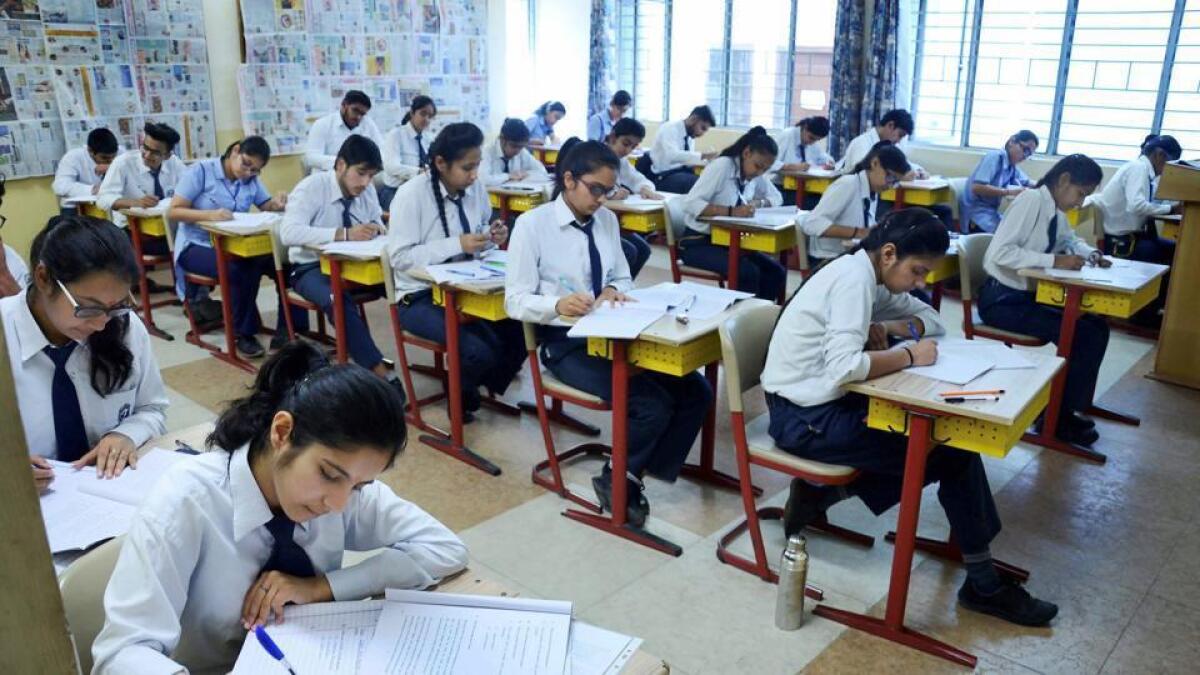The Central Board of School Examination’s (CBSE) has decided to explore the implementation of open book exams for students in Classes 9 to 12, a move that is welcomed by educators in the UAE. While some principals have previously introduced the open book approach in student assignments, its effectiveness has been somewhat limited. CBSE’s decision to conduct a trial run in specific schools to assess the viability of open book exams has sparked discussions among advocates of traditional closed-book assessments and supporters of open-book testing.
Muhammad Ali Kottakkulam, Principal of Gulf Indian High School, Dubai, stated that CBSE is considering an Open (Text) Book Examination (OBE) in line with recommendations in the National Curriculum Framework. The tests will undergo a pilot phase in schools to evaluate completion time, suitability for formative and summative assessment, and stakeholders’ perceptions. Some schools have already started trialing the open book concept in internal exams to promote innovative thinking among students, but there are currently no plans to adopt the OBE format in CBSE class 10 and 12 board examinations.
Principals have highlighted the need for proper monitoring, training, and familiarizing teachers and students with the concept of OBE. The aim of the open book concept is to ensure that students read the entire book and understand the content, rather than focusing on specific chapters or topics. Proper skills are required to set questions that are application-based, allowing students to apply critical thinking and problem-solving abilities. Schools in Abu Dhabi are also incorporating collaborative approaches in practice sessions to find answers by consulting guided resources on the internet.
CBSE is set to pilot the OBE model in select schools in India in November-December 2024. School heads have emphasized that the Open-Book model promotes understanding and interpretation over memorization, giving more weight to competency-based questions. Starting this year, CBSE has increased the weight of competency-based questions from 40% to 50% in Grade 12 exams, aligning with the National Education Policy 2020 that focuses on building competencies in students. Additionally, there has been a reduction in the weight of constructed response questions in theory examinations, with competency-focused questions now carrying a higher weightage.
Overall, the move towards open book exams and competency-based questions in CBSE examinations is seen as a positive step by educators in the UAE. The pilot project for OBE in select schools in India will provide valuable insights into the effectiveness and practicality of this approach. By promoting understanding and interpretation over rote memorization, the Open-Book model encourages students to develop critical thinking and problem-solving skills. The increased focus on competency-based questions aligns with the evolving educational landscape and the goal of building competencies in students. Proper training and monitoring will be essential for the successful implementation of the OBE model in schools.











